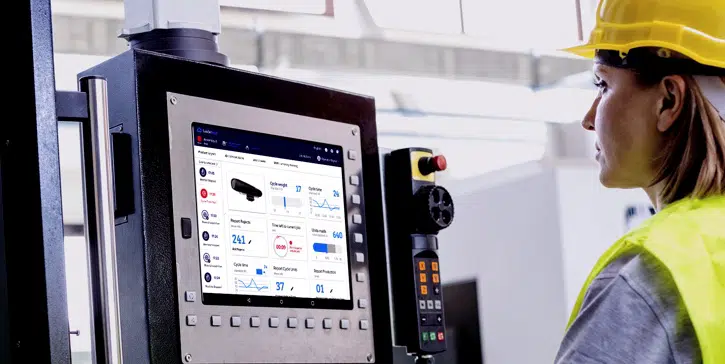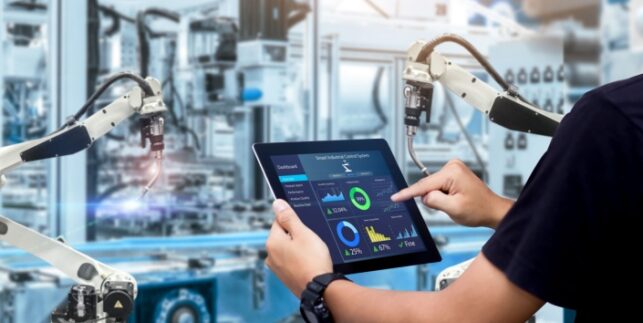
In the past, manufacturers had huge concerns about using cloud-based MES systems. The cloud was evolving quickly, with hundreds of new providers entering the space, and IT leaders were worried about lack of control of operations, IT breakdowns, poor cybersecurity, and hacks.
Today it is a different story: the cloud is widely accepted as a highly secure and effective way to manage MES. For small- and medium-sized businesses, cloud-based manufacturing execution system solutions are an affordable and least-disruptive way to replace in-house custom solutions, or error-prone and inefficient gap-filling solutions. With the software-as-a-service model, IT operations, maintenance, and support can be transferred to 24/7 to experts—this also shifts costs from capital expenditures to operational expenditures, greatly reducing total cost of ownership.
As the scope and complexity of manufacturing operations continue to grow, especially for companies with multiple facilities, often in other regions of the world, and it becomes increasingly difficult to keep all operations connected and running smoothly, more companies turn to cloud-based MES solutions. This makes it easier to monitor and optimize various operations, at each step of production, and coordinate all processes in real time.
Advantages of cloud-based MES programs vs. on-premise MES programs:
Accessibility
All involved personnel can access real-time operational data at any time, connecting departments and improving communication. Ease of access also leads to greater utilization of MES and compliance by employees.
Lower costs
Using MES solutions in the cloud means you only pay for what you need (software and infrastructure as a service), without big up-front capital investments for expensive hardware and software.
Flexibility and scalability
Digital MES systems can be scaled faster and more easily to meet the needs of any-sized operation (for example, when production ramps up).
Better use of IT resources
Cloud-based MES software is quick and easy to deploy (no hardware, no customization), so IT personnel can move on to pursue other high-value activities.
Automatic updates
MES software is continuously updated in the cloud (no downtime) and provides database administration, monitoring, and back-ups.
Improved security
Unlike on-site MES systems, high-level security for cloud-based MES software is maintained and constantly updated by the provider.
Enhanced decision-making
Real-time access to performance data leads to informed decision-making, especially across multiple sites, allowing companies to be more responsive to equipment needs or changing consumer preferences.
Regulatory compliance
Cloud-based digital manufacturing systems monitor, store, and analyzes all data required for regulatory compliance, which is especially important in heavily regulated industries such as medical devices and pharmaceuticals.
Unlimited connections
Some companies have 25,000 pieces of equipment or more connected through cloud-based MES, which can be accessed in real time 24/7 from a single device to check key performance indicators and troubleshoot problems.
Mixed-mode manufacturing
Cloud-based MES makes it easier for companies to optimize ed-mode manufacturing, allowing them to be agile in supporting the right mix and respond quickly to evolving market/consumer demands.

Changing the way people work in factories
Request a DemoImproved Customer Experience, Improved Market Share
Cloud-based MES is an increasingly popular choice among forward-thinking manufacturers that want to streamline operations, maximize production, and most importantly, meet or exceed customer expectations.
As the role of IT continues to shift from managing operations to more complex strategic responsibilities, technology leaders must invest in cloud solutions to stay efficient and competitive. Deploying cloud-based MES programs will quickly optimize real-time decision-making across multiple facilities, shorten time to market, improve quality, reduce operational costs, and gain customer confidence and market share.




